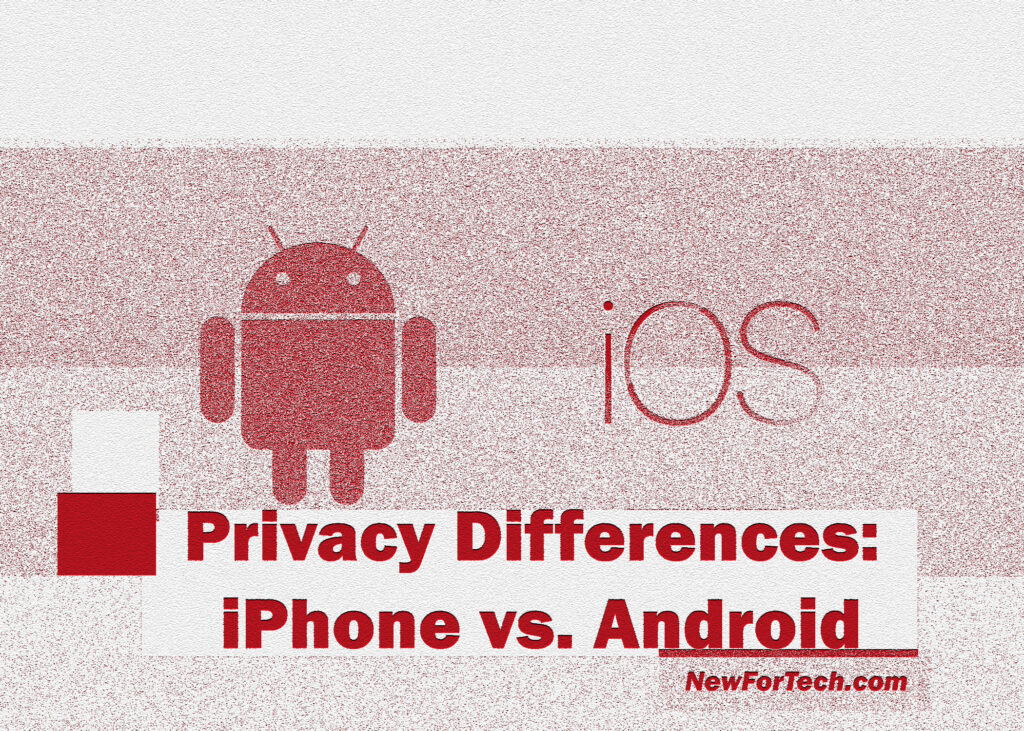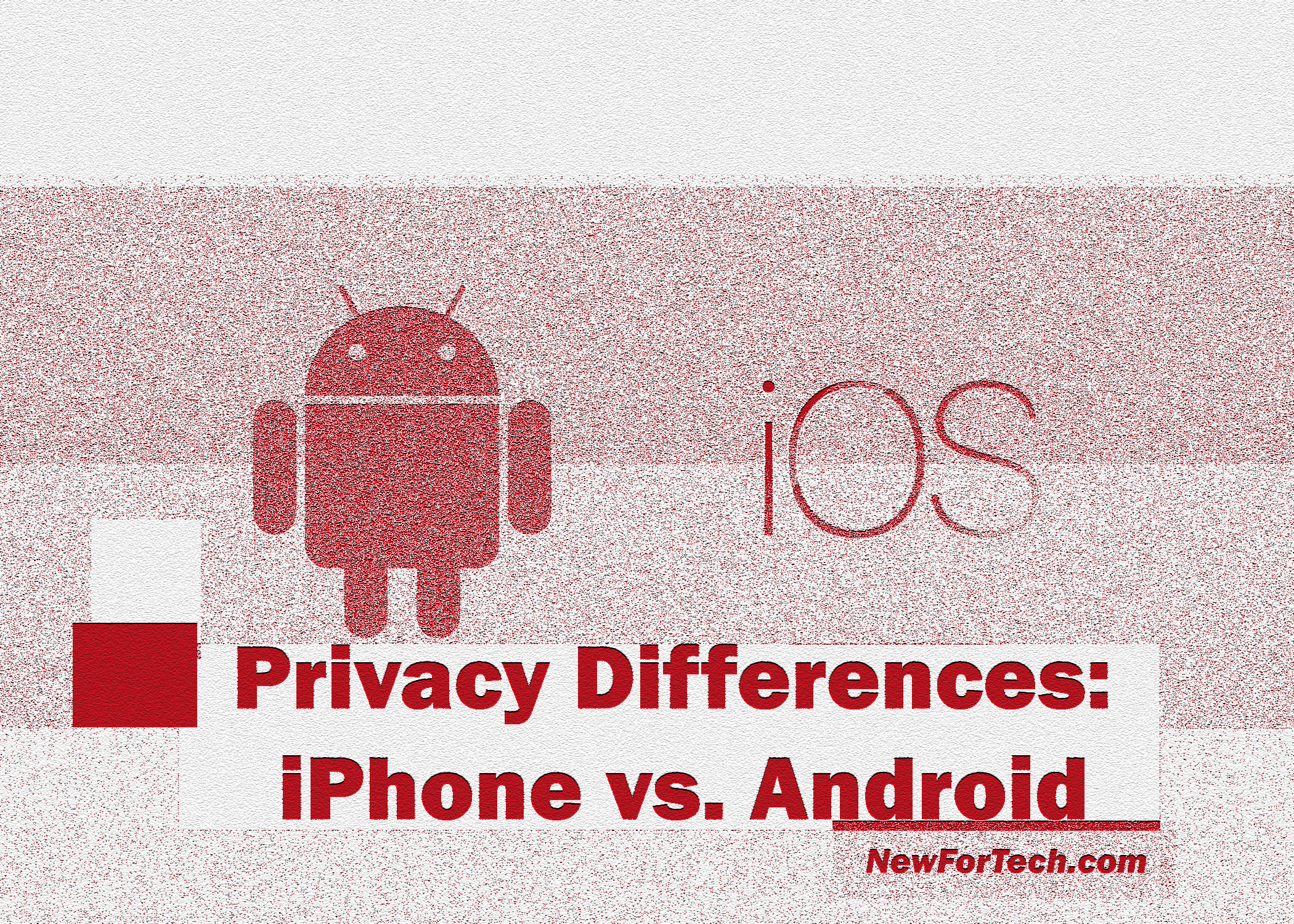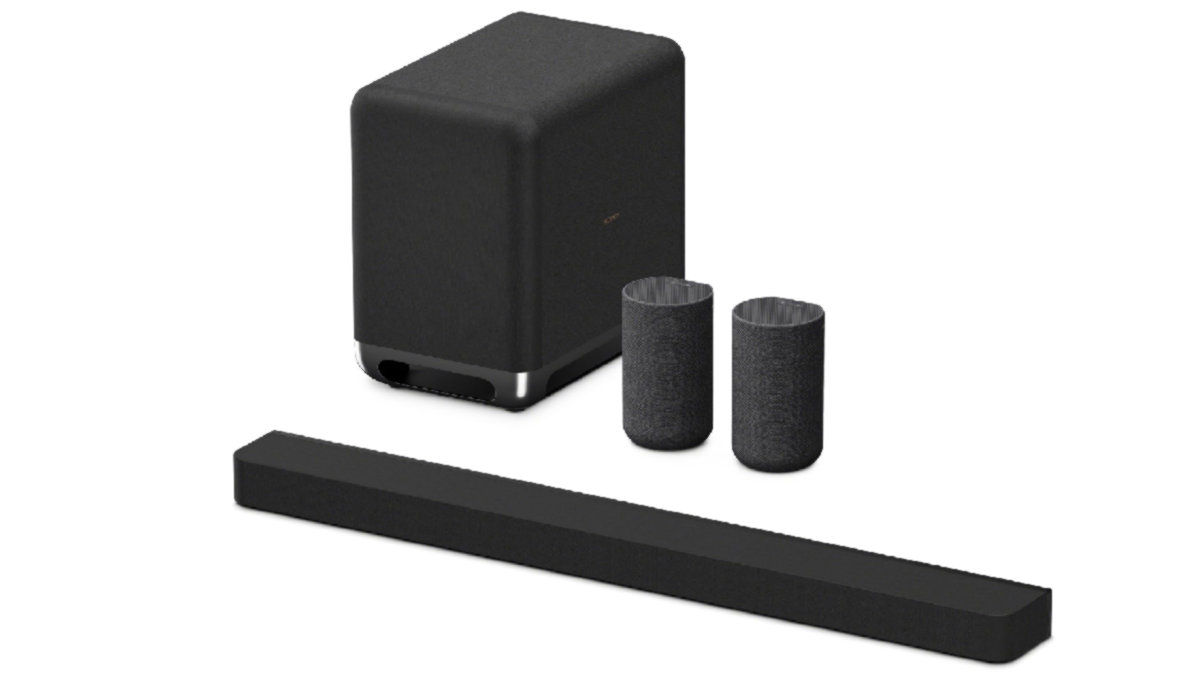Apple typically refrains from criticizing other companies’ tech choices. They often emphasize their innovations while downplaying features Android devices have had for years (e.g., iPhone 15 USB-C).
However, Apple occasionally practices what it preaches, especially when it comes to their robust privacy policy. This observation stems from an internal presentation revealed during a Google antitrust trial. In it, Apple labeled Android as a “massive tracking device.”
The presentation outlined Apple’s commitment to “Competing on Privacy” by enhancing data privacy, particularly in contrast to Facebook, Google, Amazon, and Microsoft. Android was a focal point.
Both Android and iOS track user data to personalize recommendations, ads, and support various services like mapping and payments.
To Apple’s credit, they prioritize privacy. Users must grant apps permission to track them for advertising purposes, instead of requiring an opt-out approach.

Privacy Concerns and Approaches
In my experience, iPhones tend to be meticulous in granting permissions and highlighting data policies. Conversely, Android phones appear more permissive in data collection.
While I personally accept some data tracking for features like Google Maps’ Timeline, not everyone shares my stance. Some value anonymity, unaware that apps like Instagram can reveal profiles linked to WhatsApp.
Apple’s assertive privacy stance deserves commendation, despite imperfections. Android, too, has improved privacy practices with added controls and data access prompts, favoring opt-in over opt-out after the fact. Moreover, various phone manufacturers have introduced additional privacy controls atop Android, providing users greater data autonomy.
Discover more from NewForTech
Subscribe to get the latest posts sent to your email.




